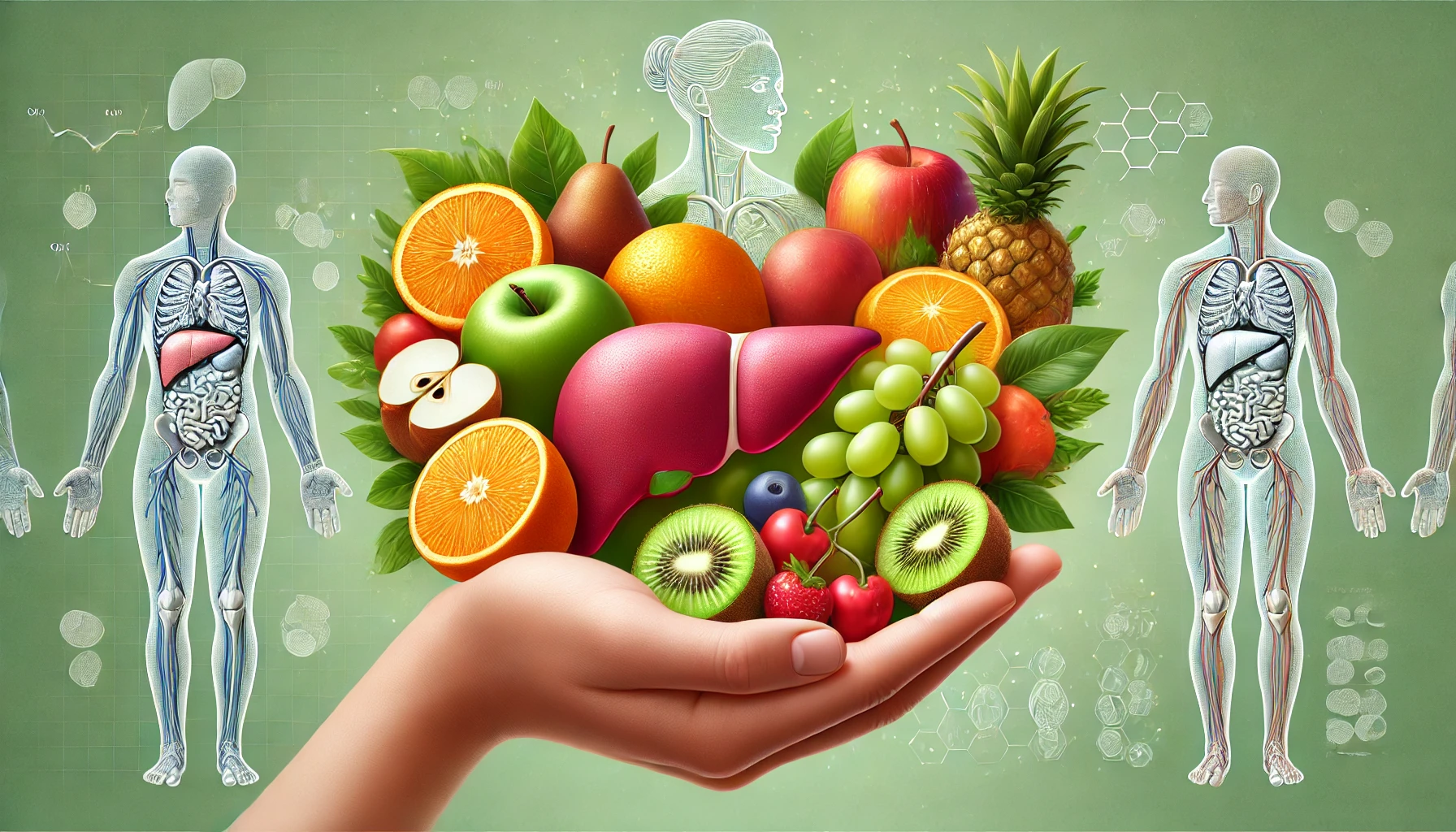Health Notice: This article was written using the Consensus AI Academic Search Engine. It is intended solely for informational purposes and should not be considered medical advice. Always consult a licensed healthcare provider for diagnosis, treatment, or medical guidance. Please refer to the full Disclaimer at the end of this article.
Incorporating foods like extra-virgin olive oil, freshwater fish, soy milk, whole grains, and synbiotic yogurt into your diet can significantly improve liver health. Conversely, avoiding trans-fatty acids, refined wheat, red meat, palm olein, margarine, oxidized oils, high-sugar foods, and excessive alcohol can help prevent liver damage and maintain optimal liver function.
Maintaining liver health is crucial for overall well-being. The liver plays a vital role in detoxifying the body, metabolizing nutrients, and producing essential proteins. Here, we explore the best and worst foods for your liver based on recent scientific research.
Best Foods for Your Liver
1. Extra-Virgin Olive Oil
A Mediterranean diet rich in extra-virgin olive oil (EVOO) has been associated with a reduced prevalence of nonalcoholic fatty liver disease (NAFLD). EVOO’s potent antioxidant and anti-inflammatory properties contribute to its beneficial effects on liver health1.
2. Freshwater Fish
A diet high in freshwater fish can alleviate liver steatosis by modulating gut microbiota and metabolites. This diet has shown significant improvements in liver fat content and liver enzyme levels in patients with NAFLD2.
3. Soy Milk
Consuming soy milk as part of a low-calorie diet has beneficial effects on serum insulin, HOMA-IR, and blood pressure in patients with NAFLD. Soy milk helps improve metabolic parameters, which are crucial for liver health3.
4. Whole-Grain Wheat
Whole-grain wheat consumption protects against hepatic fat accumulation. A 12-week intervention with whole-grain wheat showed a significant reduction in intrahepatic triglycerides and improved liver health markers6.
5. Synbiotic Yogurt
Daily consumption of synbiotic yogurt decreases liver steatosis and improves liver enzyme concentrations in patients with NAFLD. The probiotics and prebiotics in synbiotic yogurt help maintain a healthy gut microbiota, which is beneficial for liver health7.
6. Mediterranean Diet with Antioxidants
A Mediterranean diet combined with antioxidant supplementation significantly improves liver health by reducing hepatic fat accumulation and liver stiffness. This diet also enhances insulin sensitivity and reduces oxidative stress8.
7. Whole Grains
Incorporating whole grains into the diet has been shown to reduce hepatic steatosis and liver enzyme concentrations. Whole grains are rich in fiber and nutrients that support liver function9.
8. Soy Protein Concentrate
Diets containing soy protein concentrate with high isoflavones protect against liver steatosis. Isoflavones have antioxidant properties that help reduce liver fat and improve liver enzyme levels10.
Worst Foods for Your Liver
1. Trans-Fatty Acids
High-fat diets with different levels of trans-fatty acids (TFA) induce oxidative stress and liver dysfunction. TFAs are associated with increased liver lipid peroxidation and decreased antioxidant enzyme activities, leading to NAFLD5.
2. Refined Wheat
Consumption of refined wheat increases liver fat and may contribute to the development of NAFLD. Refined wheat lacks the fiber and nutrients found in whole grains, making it detrimental to liver health6.
3. Red Meat
Alternating between freshwater fish and red meat in the diet does not exacerbate NAFLD, but higher intake of red meat alone may not be beneficial for liver health. Red meat is high in saturated fats, which can contribute to liver fat accumulation2.
4. Palm Olein
Palm olein, when consumed as part of a eucaloric diet, does not differentially affect liver fat concentration but may not be as beneficial as other fat sources like soybean oil or cocoa butter. It is important to choose healthier fat sources for liver health4.
5. Margarine
Margarine, especially those high in trans-fatty acids, induces a higher inflammatory response in the liver. This can lead to liver damage and increased oxidative stress, contributing to NAFLD5.
6. Oxidized Oils
Oxidized oils, such as oxidized soybean oil, lead to higher levels of lipid peroxidation and lower plasma antioxidant concentrations. These oils can cause significant liver damage and should be avoided5.
7. High-Sugar Foods
While not directly covered in the provided studies, high-sugar foods are known to contribute to liver fat accumulation and insulin resistance, which are risk factors for NAFLD. Reducing sugar intake is crucial for liver health.
8. Alcohol
Excessive alcohol consumption is a well-known cause of liver disease, including alcoholic fatty liver disease and cirrhosis. Limiting alcohol intake is essential for maintaining liver health.
Disclaimer
The content in this blog post was generated using Consensus, an AI-powered academic search engine, and is based on publicly available scientific literature. While we strive to provide accurate, up-to-date, and well-researched information, this content is intended for informational and educational purposes only.
It does not constitute medical advice, diagnosis, or treatment. Always consult a qualified healthcare professional before making decisions related to any medical condition, treatment, or medication.
The AI system’s analysis may not account for all perspectives, ongoing research, or individual circumstances, and should not replace professional expertise. Neither the blog publisher nor the developers of the Consensus AI tool are liable for any decisions or actions taken based on this content.
Use of this information is at your own risk. Where provided, citations link to original scientific studies for reference only—these should be reviewed independently and interpreted with the support of a qualified medical or research professional.
If you are experiencing a medical emergency, please seek immediate care from a healthcare provider or call emergency services.
